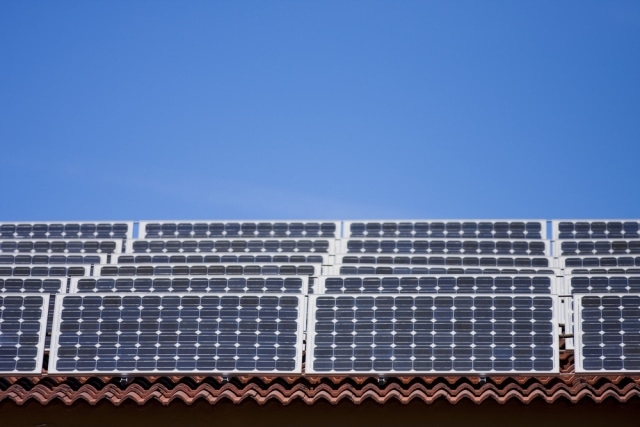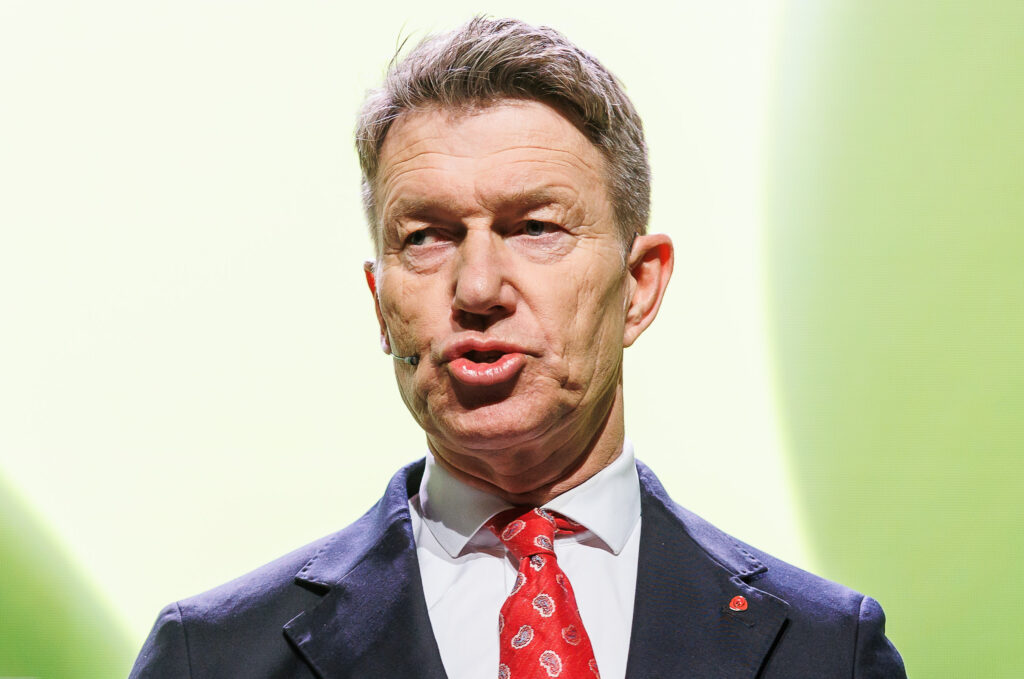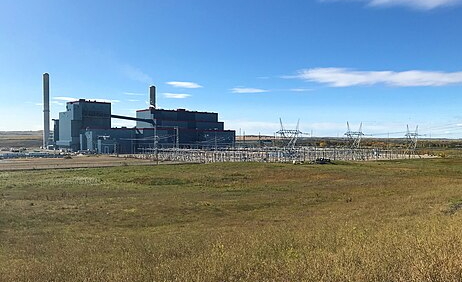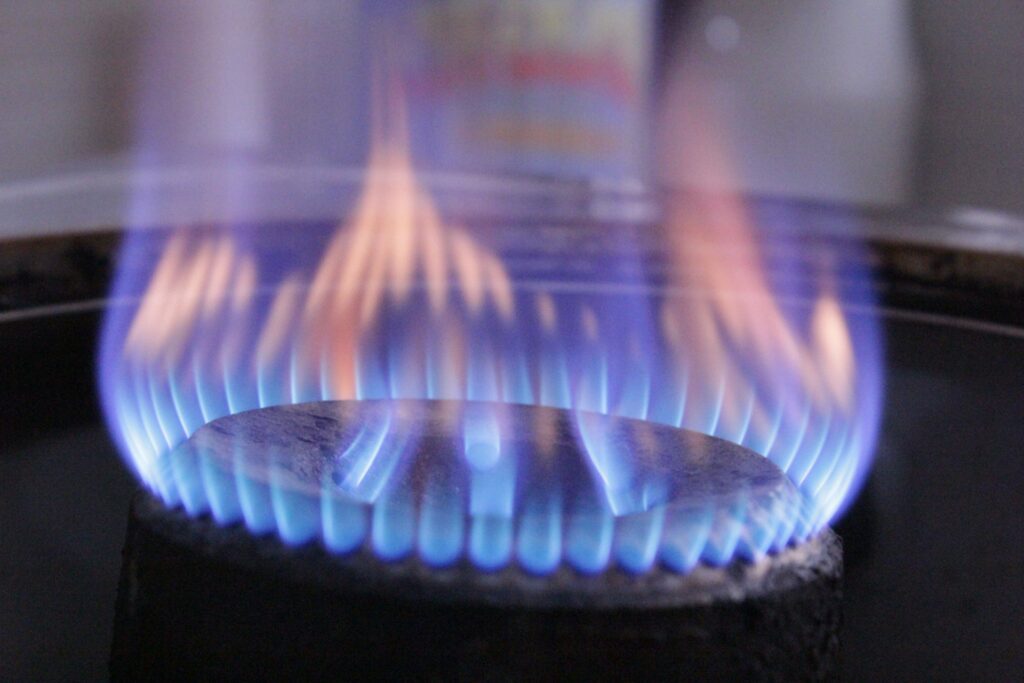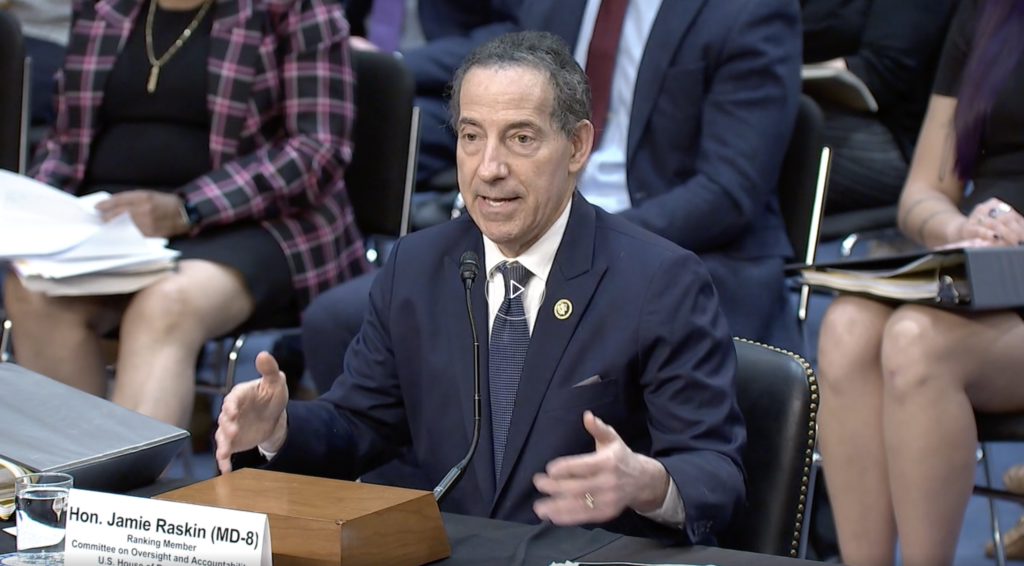Following the lead of ten other states that have already adopted similar legislation, Maryland lawmakers this week passed two bills that aim to create community solar projects and increase access to clean energy in the state.
The bills, which still must be signed into law by Governor Larry Hogan, would launch a three-year pilot project to allow the state to assess the benefits of community solar and establish best practices.
Though the sun falls everywhere, access to solar energy is not universal. According to non-profit group Vote Solar, more than 75 percent of US homes and businesses can’t install a solar system on their property, because their roof isn’t suitable or they rent their home or office, among other barriers.
Community solar allows multiple people to pool their resources and invest in or subscribe to a shared solar energy system.
“Community solar will enable all Marylanders to generate renewable solar energy,” Maryland Delegate Luke Clippinger, Chair of the House Democratic Caucus and sponsor of one of the bills, says in an Earthjustice press release. “Solar is no longer a potential future prospect for energy generation here in Maryland, it is the here and now.”
Earthjustice worked with Clippinger and other Maryland lawmakers to secure passage of the bills. While rooftop solar is expanding so rapidly that traditional utility companies have attempted to attack or co-opt the distributed energy business model, and wealthy corporatists like the Walton Family have launched offensives of their own, Jill Tauber, managing attorney of Earthjustice’s clean energy program, says community solar offers a much needed clean energy option.
“Rooftop solar is a great option for investing in clean energy, but many customers may not be able to or want to install panels on their homes or business,” Tauber told DeSmogBlog. “This is where community solar comes in. Community solar can help consumers reap the benefits of solar without having to install on-site solar systems. … As solar continues its record growth, community solar will play a key role in expanding access to this clean energy resource.”
Among the benefits of access to clean energy, Tauber includes saving money, reducing carbon emissions and creating local jobs.
Jessica Ennis, Senior Legislative Representative for Earthjustice, says that some utility operators opposed the bills, but overall community solar is popular with Marylanders.
“Community solar legislation has been introduced in some form in Maryland for multiple legislative sessions,” Ennis tells DeSmogBlog. “It’s a policy that brings many stakeholders together and benefits all Marylanders, so it made sense to move it in Maryland. Because it opens access to solar energy to everyone, it’s become a popular policy with Maryland residents. I think it passed this session because community solar is no longer just a concept, but is a growing reality across the country.”
There is no indication as to whether Governor Hogan will sign the bills or not, Ennis says. The governor has 30 days to decide.
There are more than 50 community renewable energy projects currently operating in 17 states, according to Earthjustice. The other states that have specifically adopted community solar laws include California, Colorado, Delaware, Maine, Massachusetts, Minnesota, New Hampshire, Vermont, Washington state and Washington, D.C. Vote Solar tracks active campaigns in other states on the SharedRenewables.org website.
Image Credit: Richard Waters / Shutterstock.com
Subscribe to our newsletter
Stay up to date with DeSmog news and alerts


